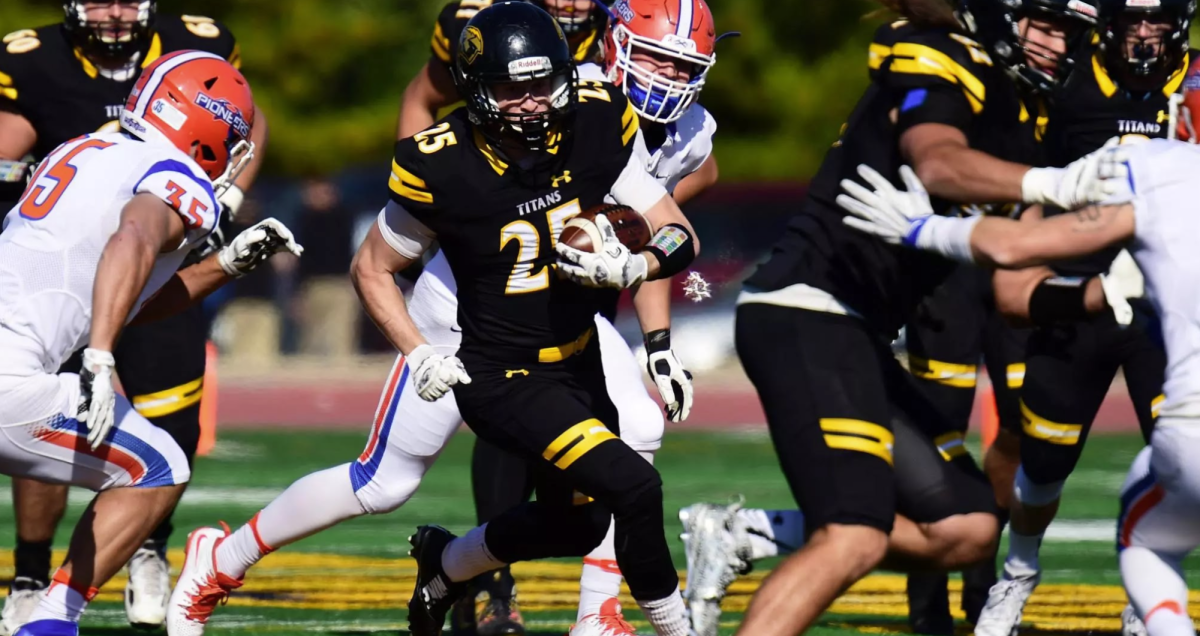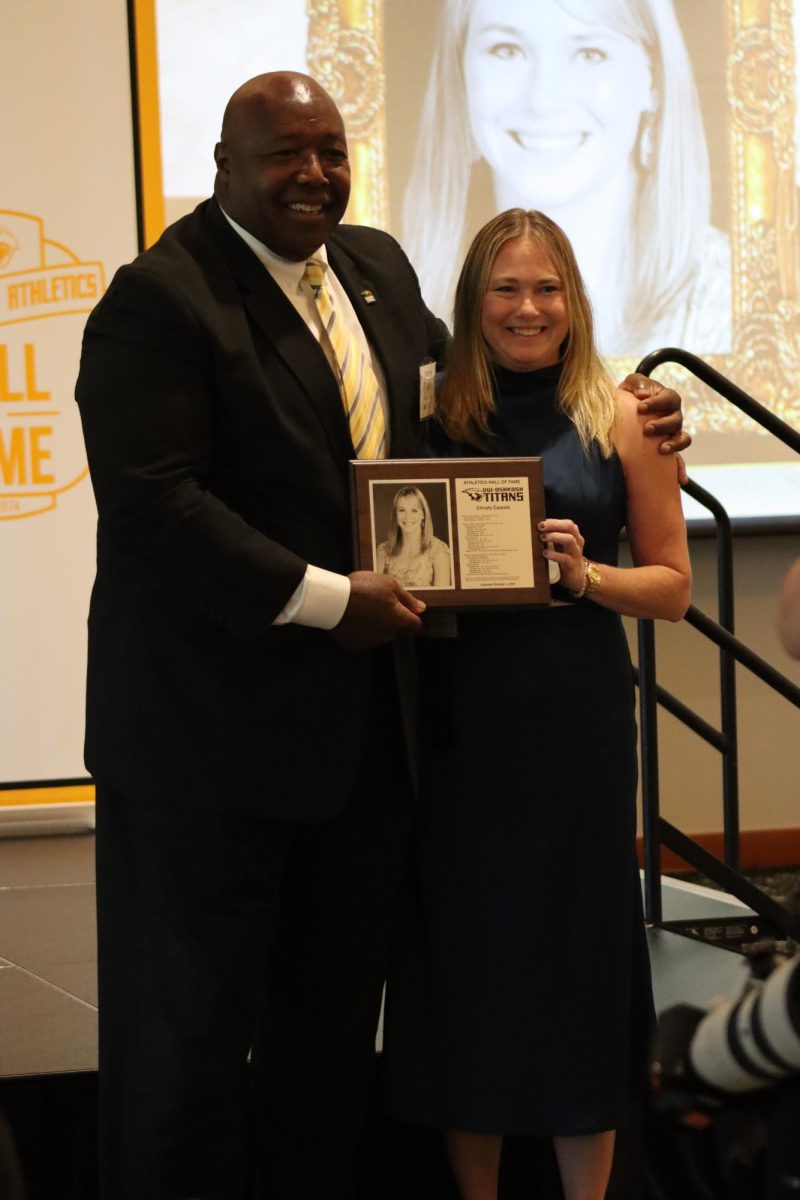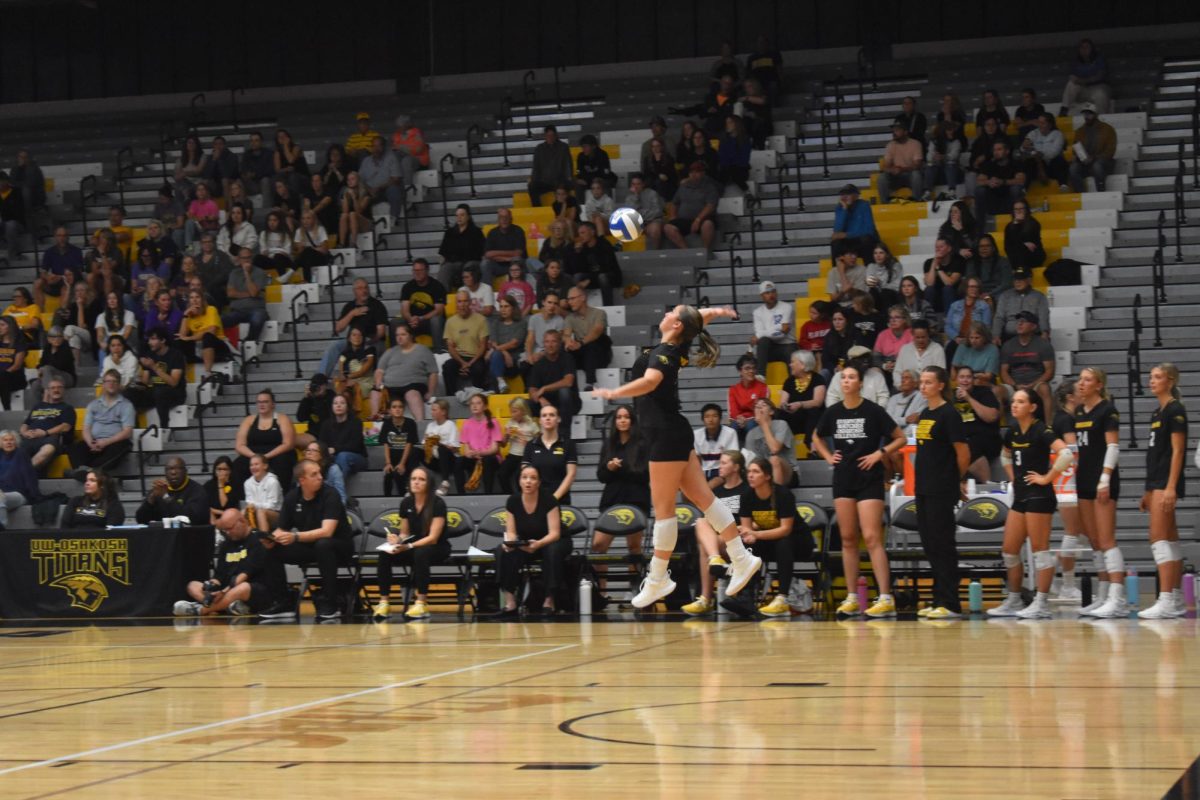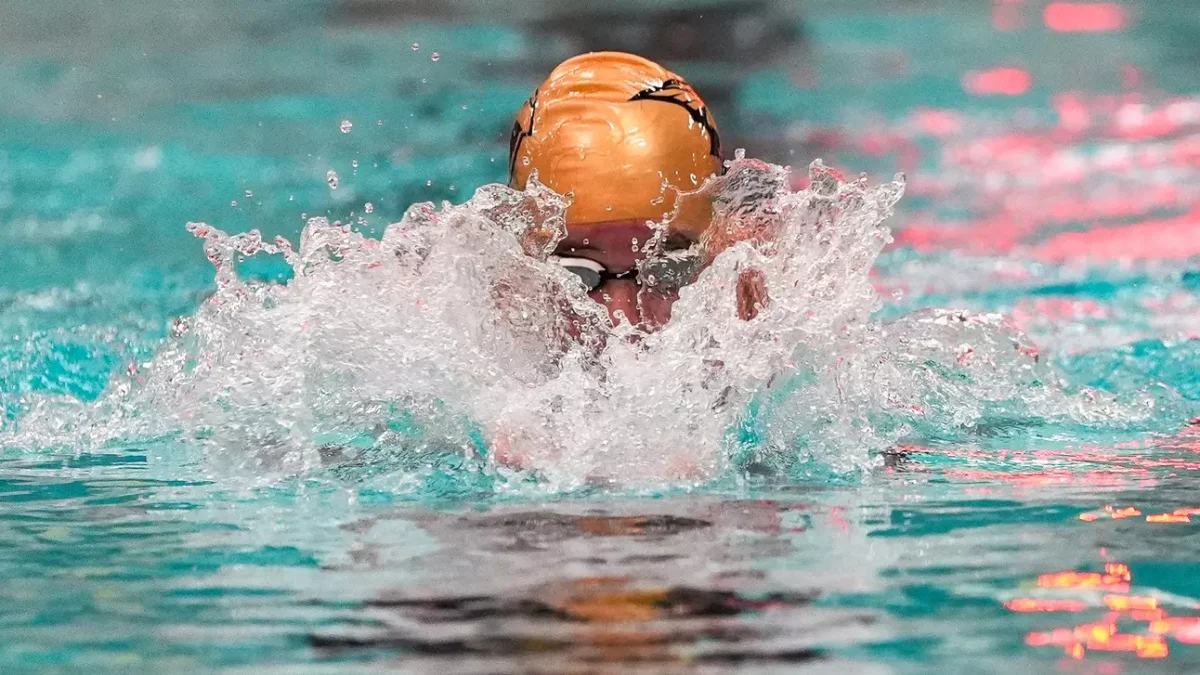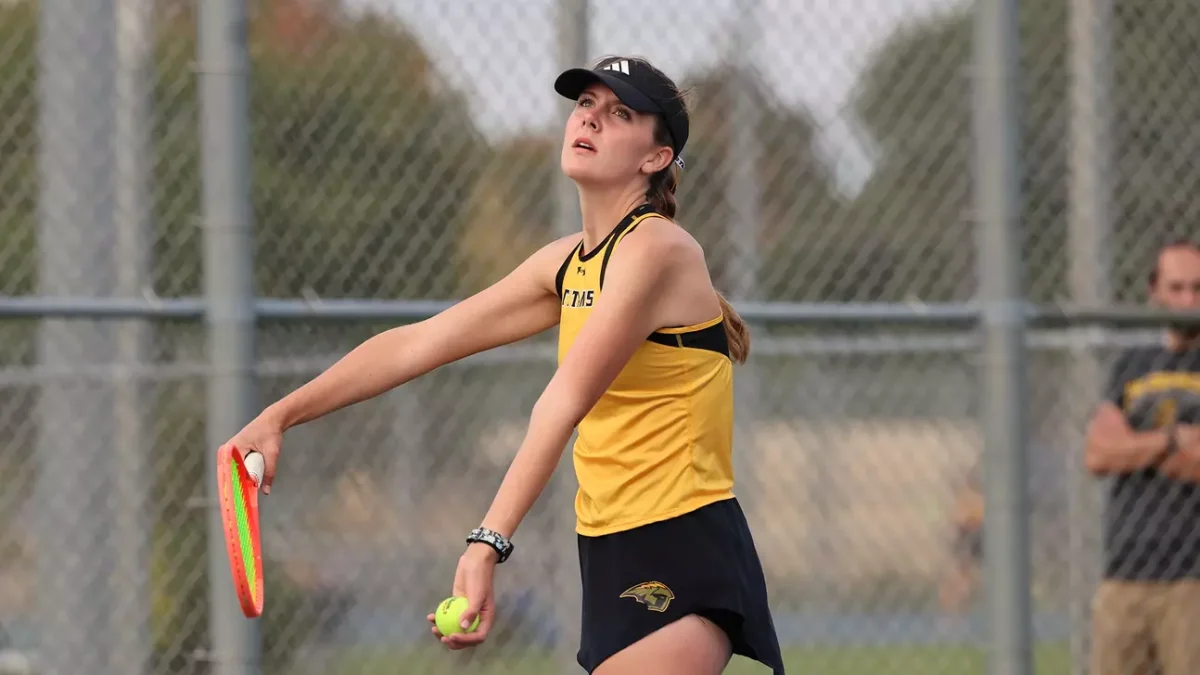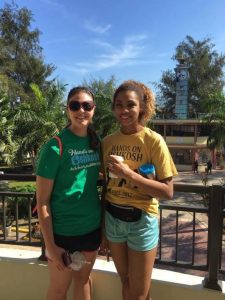
Several UW Oshkosh students volunteered in El Progreso, Honduras during winter break through the Alternative Break program, including two Titans volleyball players. A few months after winning the Wisconsin Intercollegiate Athletic Conference regular season title, junior Nerissa Vogt and freshman Carly Lemke left the country with the group on Jan. 22 and spent a week in Honduras before returning home. Ive always wanted to volunteer in another country, so I signed up and gave it a shot, Lemke said. When I was picked, I was really excited and decided this would be the right trip for me, and it definitely was. I loved every minute of it. The volunteers included nine UWO students and Assistant Director for Student Involvement Missy Burgess. The group worked with Organization for Youth Empowerment, which is a youth-led organization based in El Progreso. OYEs mission is to educate, empower and engage disadvantaged youth to break the cycle of poverty and become agents of change in their homes, schools and communities, according to its website. Theres a huge dropout rate in Honduras after the ninth grade, so OYE works to keep students in high school and into a university, Burgess said. The group spent the majority of its time working at a nutrition center. If children go to the hospital if theyre malnourished, the hospital gets them out of that danger zone, Burgess said. They are then transferred to a nutrition center to recover, and most children stay there for six to nine-months. Some stay longer than that. The group provided about 500 pounds of donated items, according to Burgess. The students handed out vitamins, anti-parasite medication, clean water, soap, shampoo and other things to kids and residents in local communities. Burgess said visiting the local communities was eye opening for the group. Thats where some of those moments came in because you see the level of poverty in the communities and to recognize the privilege we have in the U.S. compared to some of the experiences of the Honduran children, Burgess said. According to Vogt, the residents lifestyles and attitudes were unique in comparison to the United States. I think its just very different, Vogt said. Their lifestyle is different, and what they need to be happy is much less than a typical American needs to be happy. Vogt said she recognized how happy and proud the people in the community were. The people that we worked with were genuinely happy, Vogt said. They were so happy with what they had. They were happy with their health, with their family and they just exude sunshine off of them and were always laughing. The UWO students carried around an office water cooler because even the residents did not drink the tap water, and Vogt said she was fascinated by how people in the area obtain their water in the local communities. The way they get water is wild, Vogt said. These giant, almost like fire trucks, would bring a hose through a house into the backyard and fill a tank. They did that from house to house every couple days. It was crazy. The students also painted a colorful mural on the front walls. There was really only one small sign that would indicate it was a nutrition center, Burgess said. The walls hadnt been painted in a few years, and now it has a fun mural and dancing vegetables on them. Burgess said one of the best experiences of the week was spending time at the park with the kids. We got to take the kids to the park, which was a whole new thing for them because the nutrition center doesnt have a vehicle, Burgess said. They dont really get out much, so that was super fun. According to Vogt, leaving was the most difficult part of the experience. We were only with them for a week, and we didnt speak the same language as them, yet we all cried when we had to leave, Vogt said. It was wild because of how welcoming and friendly they are. They were just so open to anything new. Prior to the trip, students had to go through an interview process to be selected to volunteer at one of the four Alternative Spring Break opportunities. When the nine students were selected to travel to Honduras, the group met a few times to discuss the trip. Before we go, we generally have five or six pre-trip meetings, Burgess said. We do a lot of education to focus on the culture of the country were going, safety issues, as well as the specific topic. For Honduras, it was education and privilege. The other three Alternative Spring Break options, which are held in March, will go to Guatemala, New York and St. Louis. This marked the first time the Alternative Spring Break program was held during the winter months. According to Burgess, offering it during winter break provides more students opportunities to volunteer. Students would say they already have plans for spring break, so we decided to give them another option in January, Burgess said. Burgess also said this gives athletes a chance to get out of the country if they do not have time for a study-abroad program. For people like Nerissa and Carly that are student-athletes, it may be more challenging to study-abroad, Burgess said, This sort of gives them that taste. Lemke said she wanted to volunteer in a different country to observe things she would not be able to in the U.S. Volunteering opens your eyes to a lot of things that you may not be aware of, especially volunteering abroad, Lemke said. I saw things that I wouldnt really be able to see in the United States all that much. In Honduras, I saw people living in shacks, kids not having shoes on their feet and going hungry. Lemke said students should get involved to get a better sense of other cultures and be grateful for what they have. I think people should take this opportunity so they can be more thankful for what they have and give to others that are less fortunate so they can lead better, healthier lives, Lemke said.



